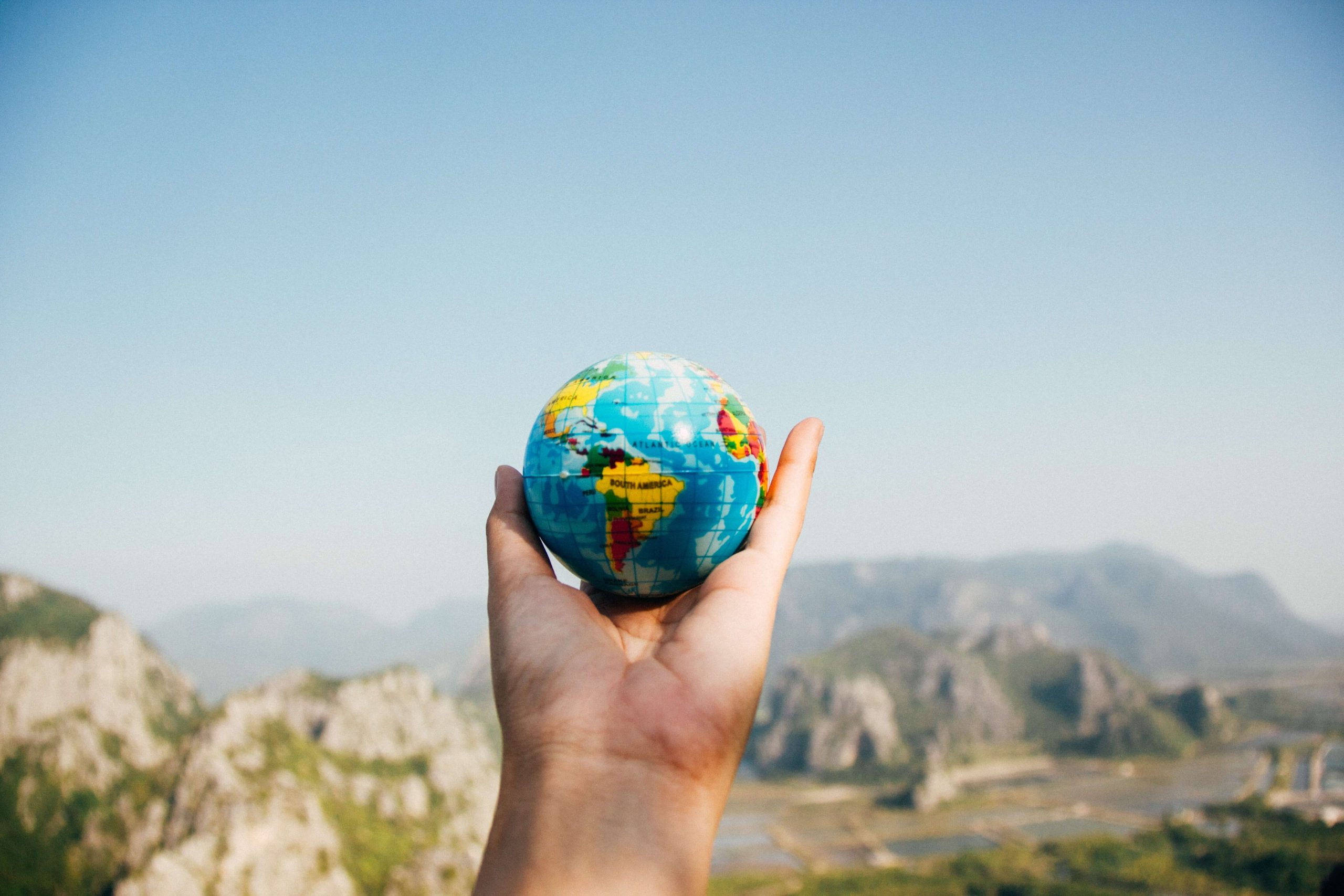
Dear Hong Kong,
Thank you. One of my lifetime bucket list goals was to see living wild Pink Dolphins in Hong Kong Bay. In October 2019, my Canadian friend extended the invitation to visit her, as well as to find what are actually extremely endangered Chinese White Dolphins. The Hong Kong Pink Dolphin Tours Company has had more success in finding these rare Chinese Chordata because they use larger boats with slower engines. Upon reviewing the video, it is also possible they use a high-frequency whistle to signal the dolphins, but they did not actively feed the mammals during our tour. My friend, who holds a degree in hotel and tourism, had been on four previous tours looking for the elusive pods without success.
“Not this time, I have foreseen it!”
Her prognostication was correct.
We were able to see 10 out of the known remaining 37 animals tracked and studied in the bay. Sadly, there was only one baby calf in the group.
During the same time our tour took place, there was another small speedboat with two people right next to the dolphins jumping in and out of the water. One photographer with a high-speed lens standing at the bow, and the other person steering the single prop engine aft. Our guide stated the photographer was a graduate student researching the remaining pod.
The 3-hour tour is offered three days a week (Wednesday, Friday and Sunday) and costs about 350 Hong Kong dollars, approximately $45 U.S. dollars. For more conservation information on the remaining 37 dolphins, the tour guide encouraged me to contact the Hong Kong Dolphin and Whale Conservation Society.
Thank you for answering questions in three different languages, as well as helping bring awareness to many opportunities for change we have to encourage the population of marine life in shared waters. Hong Kong airport land reclamation projects have been one habitat disturbance concern for the marine mammals surrounding the bay. The continued expansion for new hotel development and apartments continues to impact the endangered Chinese White Dolphins. Perhaps in the future visitors might take this new awareness into their decision-making process when choosing an overnight travel destination location.
Dear Australia,
My younger brother has been traveling the globe for the past six months with his wife. His animal bucket list included the vulnerable Quokka. The Quokka is a small brown marsupial with a mouse-shaped face and nocturnal tendencies, and reminded me of a bashful baby marmot from Rocky Mountain National Park.
Sadly, much of your country was on fire during our visit this past New Year 2020. The Surf Rider Foundation at Manly Beach speculated the lack of rural firefighting funding was a key contributing factor to the duration of the fires. We did manage to find the fuzzy marsupial awake during the day across from the crocodile paddock. Quokka quota check. The restoration and care of animal burn victims on Kangaroo Island is still seeking volunteers, in case any heart-centered visitors have seven days to spare.
Thank you, rain, for putting out most of the brush fires. Thank you Surf Rider Foundation for helping track animals like the Fairy Penguins that migrate to your shores every year but have not been spotted yet this season.
Dear China,
Happy Year of the Rat; please stop eating bats. Right now the coronavirus is holding my co-teacher hostage over the Spring Festival/Chinese New Year holiday because her family is in the same province as ground zero. As a result of the proactive and unified awareness of the government, businesses and individuals have been wearing masks as well as attempting to follow safety guidelines.
Reports were released from Wuhan province regarding a possible transmission vector via consumption of bats, my confidence in the future of Chinese food jokes increases exponentially. China has been working very hard to lead some very progressive programs for animals returning from the brink of the endangered species list. By the way, if you would like to visit the Giant Pandas in Chengdu, you need to get there very early in the morning because they are very sleepy bears.
Dear America,
Please travel, but be safe, and stay healthy. Go find your endangered animal, in the wild if possible. Choose eco-friendly, as well as sanitary, destinations for your travel is always important. Help animals if you can along the way by volunteering at any of the organizations mentioned above, and/or donating to charities that support causes you feel align with your ethos. Do try new foods, preferably not bat soup, shark fin soup, or whale meat in Japan.
Dear New Zealand,
Thank you for being New Zealand. Congratulations on opening The Green School this month to encourage the next generation of eco-conscious leaders.
Sincerely
E. Allen
Keep up with all of Green Living’s content by visiting our website
.
E. Allen is an elementary science and robotics teacher, and level 6 google guide.






